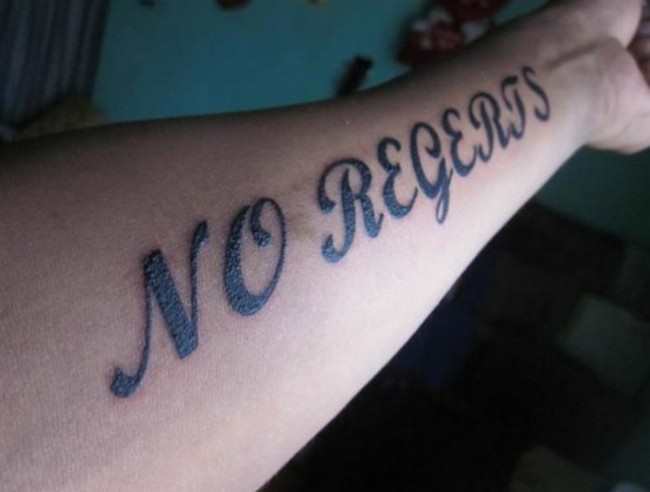Editing FAQs: Does my book need copy editing?
Be a good editor. The universe needs more good editors, God knows.
You write to communicate to the hearts and minds of others what’s burning inside you—and we edit to let the fire show through the smoke.
Editing FAQs: do I need an editor?
Yes!
That is, if you don’t want to wake up as the author of a brand-new book that turns out to be full of embarrassing errors. One of the most important steps in book production is copy editing. It is true that leading voices in the industry are debating whether publishers can sustain cuts in our editing budgets. Many publishers already have made such cuts and are watching errors pile up. If you’re a newspaper publisher, you can argue that online errors are easy to fix—if readers complain.
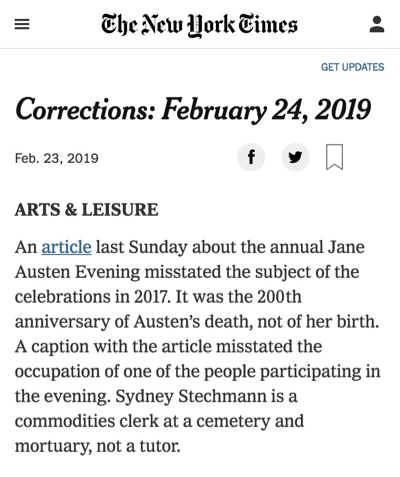
But daily newspapers are far different than publishing houses that will send your beloved book-length manuscript into bookstores with errors that could earn you indelible black marks—like a dreaded series of 1-star Amazon reviews claiming you don’t know what you’re writing about because of errors.
Think that such errors are a rare occurrence? Readers only had to open their New York Times on Sunday () to discover that, somehow, Times editors mistook Jane Austen’s birth for her death! They corrected the error online on Sunday—but just imagine if your new book sourced an Austen anecdote before the online fix went through—and you mixed up such a crucial detail?
Ouch!
An author who recently began working with us on his latest book project selected Front Edge Publishing because his previous book—about religious diversity—was released by a publishing house whose editors had little background in religion and missed several flaws. When his book went on sale, those errors were obvious to any reader with a serious interest in religion. Compounding the problem—that other publishing house offered him no recourse when he recognized the problem. The book had been launched—he had to live with it.
How common is such an error?
Well, the New York Times, which has cut back on its own editing staff, just had to correct a story in which it described Catholic nuns as being ordained.
Catholic readers know nuns aren’t ordained.
They take vows. After that, who cares what else that Times writer had to say about nuns?
What Is Copy Editing?
Copy editing refers to the line-by-line editing that takes place after the content of the manuscript has been finalized by the author. Copy editors look for and correct issues related to spelling, grammar, consistency, style and occasionally they also spot factual errors that need to be corrected.
Are There Different Copy Editing Styles?
Yes!
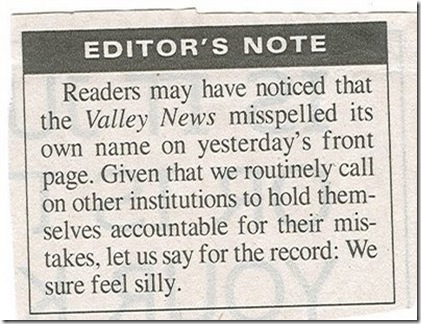 Fixing spelling and grammar seem like straightforward changes to make, but questions of style and consistency often confound authors. For example, is it correct to refer to the plural
Fixing spelling and grammar seem like straightforward changes to make, but questions of style and consistency often confound authors. For example, is it correct to refer to the plural data,
or the more informal, singular data
?
Should it be: These data support the hypothesis.
Or: This data supports the hypothesis.
The answer depends on the editing style selected for the manuscript, the book’s audience and, most importantly, the author’s original intent. There are many different style guides, including famous book-length guides by the Associated Press (AP) or the Modern Language Association (MLA) or Chicago or Oxford—the list goes on and on.
Does this sound daunting? It can be, but our Front Edge team helps authors quickly discern the best system to use and then guides authors through any sticky issues that arise.
What Is a Slot Editor?
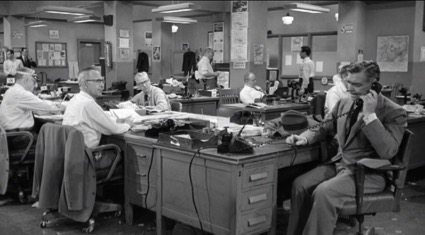
slot editingarrangement at a newspaper. It’s the Doris Day and Clark Gable comedy Teacher’s Pet. As the daily deadline approaches, each day, two rows of editors line up along this array of desks and Gable sits in
the slotmaking all the final calls.
Even after standard copy editing, some questions can linger or an errant comma can slip by our first line of copy editors. For that reason, Front Edge Publishing includes the traditional journalistic strategy called slot editing.
Slot editing refers to the practice of having a second copy editor review the edits of the primary copy editor to provide a second opinion on contentious issues and spot overlooked flaws. The term slot
comes from the newsroom practice of seating editors in two rows, sometimes along an actual U-shaped arrangement of desks. Primary copy editors sat around the table, while the slot editor sat at the bottom of the U, making it easy for copy to be passed down toward the slot.
I Wrote the Book! Why Can’t I Spot Copy Editing Issues?
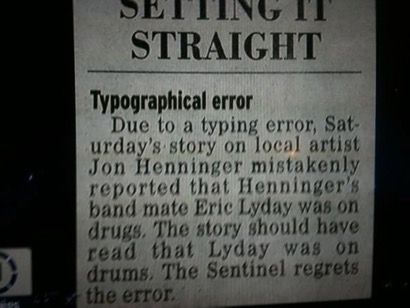 The more time an author spends on a manuscript, the more tiny details seem to fade into the larger story. Typo-blindness is common among authors. That’s compounded by Microsoft Word’s powerful efforts to
The more time an author spends on a manuscript, the more tiny details seem to fade into the larger story. Typo-blindness is common among authors. That’s compounded by Microsoft Word’s powerful efforts to help
writers correct their spelling—all too often by aiming at a word the author never intended. In another national news story, not long ago, a famous pianist was having peddle
trouble. Well, that was wrong. He wasn’t trying to sell something. Self-correcting spell-checkers had struck again! He actually was having trouble with his piano’s sticky pedal.
And, that’s not even considering all the other bad luck that can befall an author! What about your beloved cat who resents all the time you spend on the computer and wants to contribute to your manuscript, too?
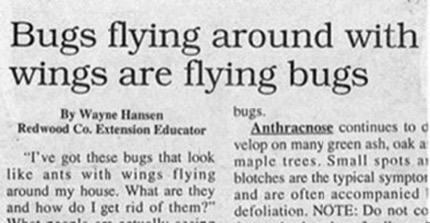
Authors often overlook basic issues that a copy editor can spot immediately. For example, all writers have favorite phrases and tend to use them over and over again. A good copy editor can spot such annoying patterns and help a writer find alternatives.
Some problems arise simply because an author can spend years on a manuscript. Here’s a real email exchange with an author:
Our editor: Why are you citing FBI data from five years ago? A brand new report is right there on the FBI website. The author: Oh, I guess I got that stuff when I started this whole project years ago—and forgot to check back. Yes, let's definitely use the newest stuff!
Here’s another real-life exchange:
Our editor: There's someone named Barb who suddenly appears in this chapter without a first reference identifying Barb. So, who's Barb? The author: Good catch! That's actually Bob! You know, Bob from the previous chapter?
The Last Reason to Hire a Copy Editor?
We like to sleep soundly at night.
We want to save our authors from those terrible midnight terrors when writers sit bolt upright in bed and suddenly wonder:
WHAT DID I DO???
